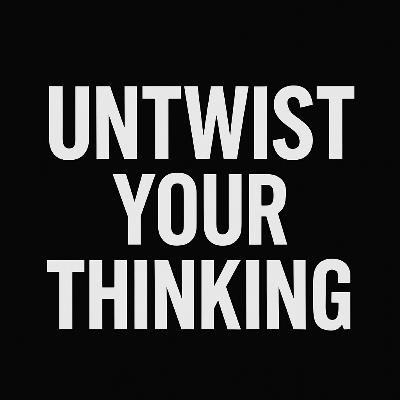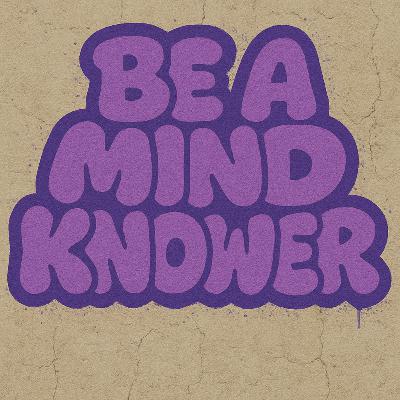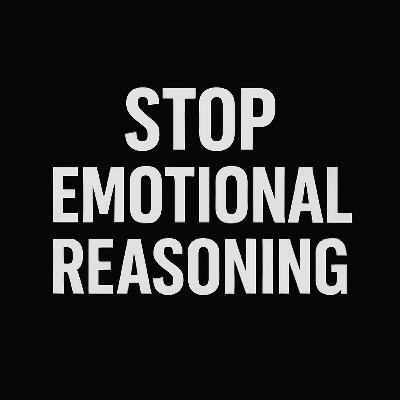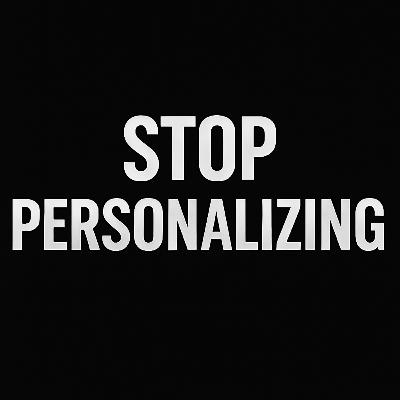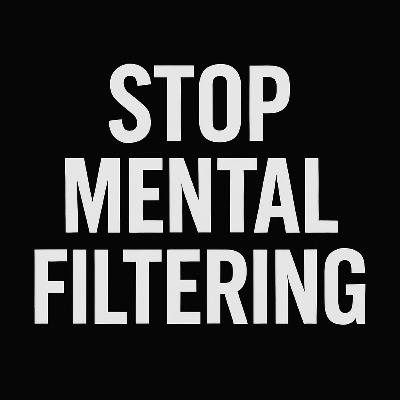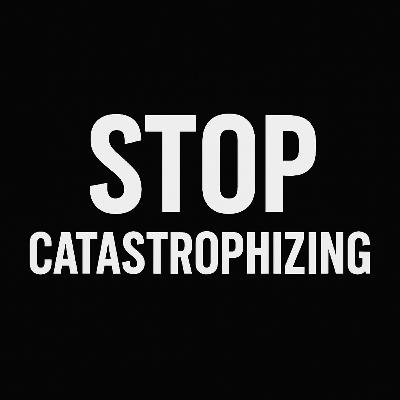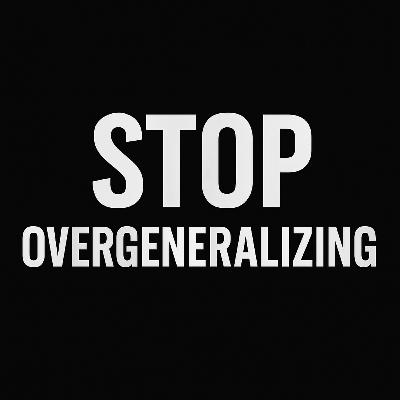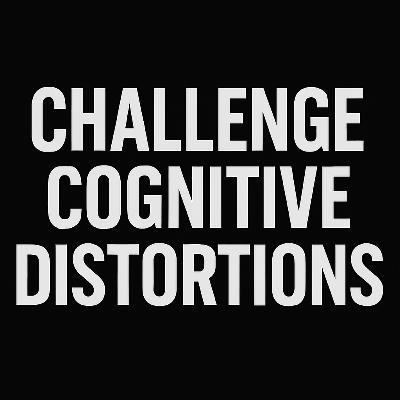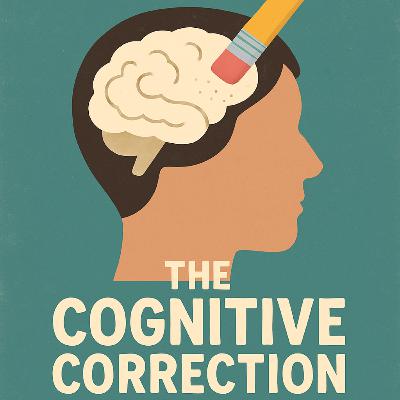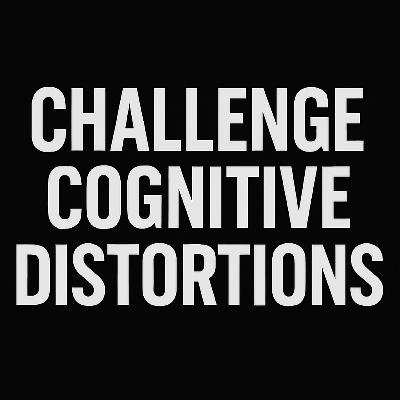Untwisting Thinking and Managing Cognitive Distortions
Description
These sources discuss cognitive distortions, which are unhealthy and irrational thinking patterns that can negatively impact mental health and relationships. Several common distortions are identified, including all-or-nothing thinking, overgeneralization, catastrophizing (also known as magnification), personalization, mind reading, discounting the positive, emotional reasoning, should statements, labeling, and fortune telling. The texts explain how these distortions manifest, their potential causes (such as trauma, anxiety, and depression), and the negative consequences they can have. Finally, the sources highlight cognitive behavioral therapy (CBT) and other strategies like mindfulness and journaling as effective methods for identifying, challenging, and ultimately changing these distorted thought patterns.
Sources:
Cognitive Behavioral Techniques - 50 Ways to Untwist Your Thinking
Cognitive Distortions in Relationships | Identify & Overcome Negative Thinking
Cognitive Restructuring: Decatastrophizing | Worksheet - Therapist Aid
Dr K"s guide to identifying cognitive distortions : r/Healthygamergg - Reddit
How to stop catastrophizing - Medical News Today
Magnification and Minimization: The Cognitive Telescopes of Distortion
Magnification and Minimization: Two “Binocular Tricks” of the Mind - Ness Labs
Negative Thought Patterns: Magnification and Minimization - Oak Health Foundation
Understanding Catastrophizing Through Real-Life Stories - Therapy Training
What is catastrophizing? 6 ways to stop the negative spirals — Calm Blog

